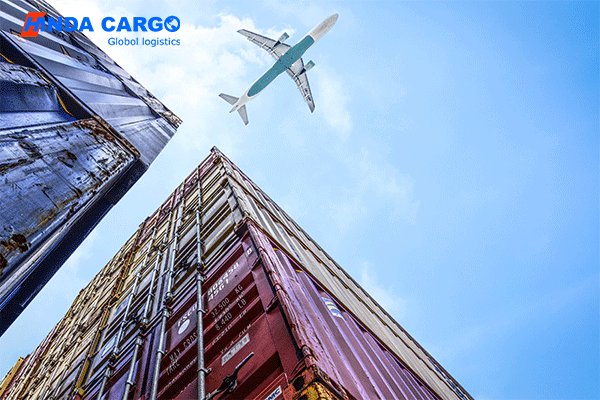What is freight and cargo services?
Freight and cargo services are an integral part of the modern global economy. They involve not only the actual transportation of goods, but also the costs, rates and other related issues of transportation services. In this news, we will explore the definition and types of freight and freight services and further explore their importance to global trade and economy, as well as future trends and challenges.
What are freight and cargo services?
Freight and cargo services are two key parts of the modern logistics system. Freight refers to the actual goods being transported, including raw materials, finished products, semi-finished products, etc. Cargo services refer to the fees, rates and payment methods associated with the transportation of goods. They play a vital role in global trade and commerce.
1. Definition of Freight:
Freight refers to the actual goods being transported, including raw materials, finished products, semi-finished products, etc.
Goods can be transported by various means such as land, sea, air and rail.
2. Definition of cargo services:
Freight services refer to the fees, rates and payment methods associated with the transportation of goods.
Including transportation costs, insurance, duties, warehousing, customs clearance and other services.
3. Examples of air freight:
Air freight is a common logistics service that involves the cost or expense of shipping via air.
It is often used to transport high-value or time-sensitive cargo quickly.

What types of freight and cargo services are there?
There are many types of freight and cargo services, classified according to different transportation methods, cargo types and logistics needs.
1. Classification by transportation mode:
Ground transportation: Transportation by truck or train, suitable for short distance or domestic transportation.
Sea transportation: transportation by freighter, suitable for long-distance transportation of bulk goods.
Air freight: transported by aircraft, suitable for high-value, time-sensitive cargo.
Railway: transported by train, suitable for inland bulk cargo transportation.
2. Classification by cargo type:
General goods: General goods, such as food, clothing, electronic products, etc.
Hazardous Goods: Items that are flammable, corrosive or toxic and require special handling.
Cold chain goods: Goods that require constant temperature storage, such as medicines and food.
3. Classification by logistics needs:
Door-to-door: full service from origin to destination.
Warehousing and distribution: including warehousing, sorting, packaging and distribution services.

What is the importance of freight and cargo services to global trade?
Freight and cargo services play a key role in global trade and economic development, providing businesses and consumers with convenient and efficient logistics solutions.
1. Driving force of global trade:
Freight and freight services enable the free movement of goods and raw materials around the world.
They provide multinationals and small businesses with access to global markets.
2. Supply chain efficiency and reliability:
Efficient freight services help improve the efficiency and reliability of the supply chain.
By choosing the right transportation methods and services, companies can optimize logistics costs.
3. Support economic growth and employment:
Freight and trucking services create opportunities for economic growth and employment around the world.
They play an important role in creating jobs and facilitating cross-border trade.

Summarize
Freight and cargo services are vital in the modern globalized economy, providing efficient logistics solutions to businesses and consumers and playing a key role in global trade and economic development. By understanding the different types of freight and freight services and their importance to global trade, we can better understand the complexities and challenges of the modern logistics system. As technology advances and global trade continues to develop, freight and freight services will continue to face new opportunities and challenges.




